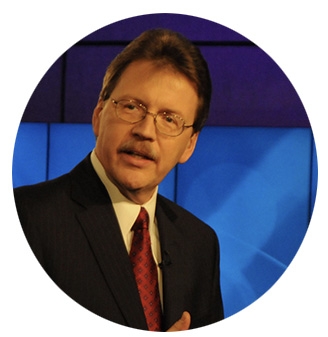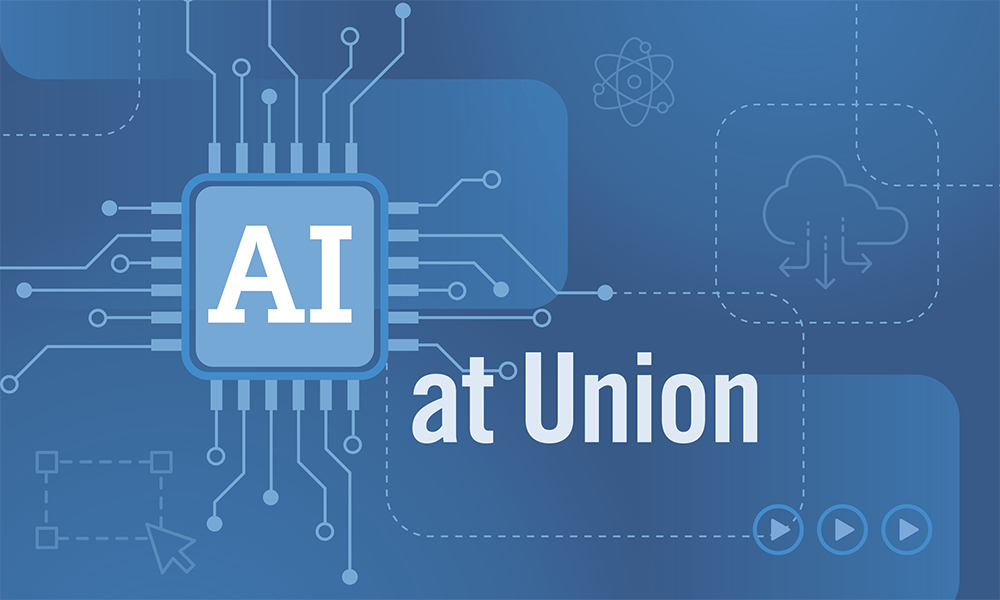John Kelly III '76, of Poughkeepsie, N.Y., retired from IBM in 2020 after 40 years of service. He joined the company in research and development after earning a Ph.D. from Rensselaer Polytechnic Institute. Kelly held many positions during his tenure, including senior vice president and director of IBM Research. When he retired, he was executive vice president (the No. 2 leader in the company). Kelly is often described by many in the industry as the “father of Watson,” the famous computer system most known for competing against human contestants on “Jeopardy!”
How did you use AI in your career?
IBM has a long history with AI. While at IBM Research, in the mid/late ’90s, one of my teams developed a computer system named Deep Blue. We trained the machine to play chess and it was the first computer to ever beat a grandmaster. Our research pivoted to computer “understanding” of human natural language. This led me to place a BIG BET in 2007 that we could build a computer to compete on “Jeopardy!” (a natural language, open domain, Q&A game show). We competed against two previous champions and won in 2011, and this woke the world to AI’s potential.
The original Watson was a standalone computer trained on all sorts of literature, encyclopedias and journals. Due to the rules of the game, it could not be connected to the internet, so it had to remember all its facts in storage. It had to be fast to beat humans. It had to understand the question, find possible answers, determine the probability that it was correct, calculate the monetary bet and buzz in – all in a fraction of a second. After the game show, we took Watson apart and brought its AI capabilities to our IBM cloud. Today, it’s called WatsonX and it’s a rich set of AI capabilities for people and companies to build their own AI applications.
For those unfamiliar with AI, how would you define it?
AI is often referred to as “artificial intelligence,” but I like to think of it more as “augmented intelligence.” We are simply using computers to augment our human capabilities/limitations in areas where we are swamped with data, and drawing out insights is difficult. It’s roughly like calculators augmenting our ability to do math quicker. One thing that is different about AI is that the machine learns, and now with generative AI, it can construct its own interpretation of data.
AI offers so much opportunity to enhance our lives, but like all other technologies, it must be developed and used responsibly. In 2020, I had the honor of developing and signing a position paper, The Rome Call for AI Ethics, chartered by the Pope through Pontifical Academy. In this document, we laid out several principles, including transparency, inclusion, accountability, impartiality, reliability, security and privacy. Honoring these principles, in conjunction with targeted government regulations, is required to ensure AI is used constructively and not destructively.
How did Union inform your path?
Union College was the perfect fit for me. The unique combination of STEM and liberal arts taught me to think deeply, but also broadly. My physics education set the base for my career building computers, while my courses in psychology, political science and philosophy gave me the human perspective to lead and be a responsible technologist.


